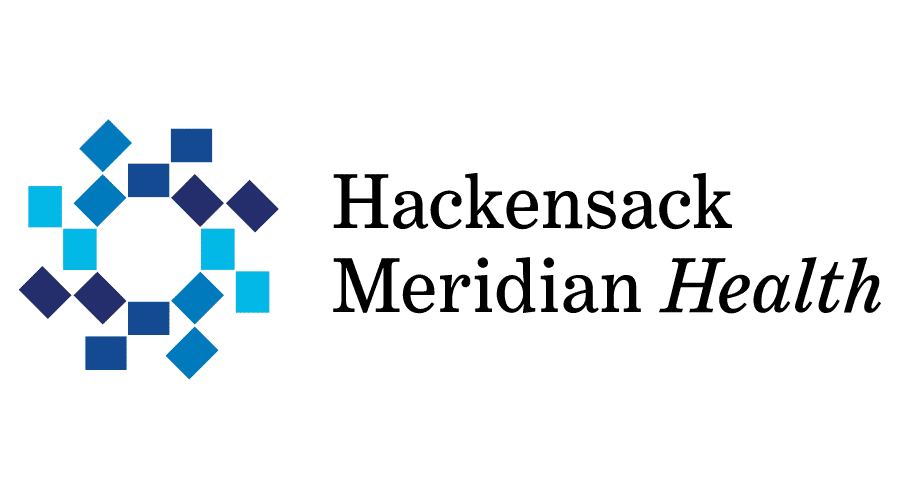Aerobic exercise provides far-reaching benefits to the brains and cardiovascular systems of stroke survivors — everything from inducing the growth of new connections between brain cells to enabling the heart to work more efficiently, according to a study by Hackensack Meridian JFK Johnson Rehabilitation Institute researchers.
The study, published in Frontiers in Cardiovascular Medicine, outlines the mechanisms and powerful benefits of aerobic exercise as part of a cardiac rehabilitation program for stroke survivors.
“Stroke patients have a disease of their entire vascular system, not just the brain. Through rigorous aerobic exercise, they can strengthen their heart and brain and improve their overall health,” said Sara Cuccurullo, M.D., principal investigator of the study and chair, vice president, medical director of JFK Johnson Rehabilitation Institute.
This study is titled Mechanisms and benefits of cardiac rehabilitation in individuals with stroke: emerging role of its impact on improving cardiovascular and neurovascular health. It outlines how increased blood flow to the brain during aerobic exercise promotes the improved function of nerve cells, reduces brain inflammation, and promotes neuroplasticity, which enables the brain to use areas not previously used.
“Aerobic exercise increases blood flow to the brain, and, as a result, encourages growth and healing,” Dr. Cuccurullo said. “You bring nutrients to the brain.”
Thanks for reading Hellenic News of America
She added that many stroke survivors also have underlying cardiovascular disease.
“Aerobic exercise also provides multiple cardiovascular benefits, such as reduced blood pressure and resting heart rate, improvements in vasculature and peripheral tissues, regulation of inflammation, and the promotion of angiogenesis, or the growth of new blood vessels,” Dr. Cuccurullo said.
Dr. Cuccurullo, along with Talya K. Fleming, MD, medical director of the JFK Johnson Stroke Recovery Program, both recommend that survivors of stroke exercise through a medically supervised rehabilitation program modified for people with stroke. The physicians have published several studies showing the value of a cardiac rehabilitation program for stroke survivors.
JFK Johnson research studies have found that survivors of serious stroke could reduce their chances of dying within the year by 76 percent, and reduce hospital readmissions within the year by 22 percent. Their research found that a comprehensive program combining stroke rehabilitation and cardiac rehabilitation significantly improved cardiac performance and overall function, including mobility, self-care, and cognition. Another JFK Johnson study found that cardiac rehabilitation could increase the ability of stroke survivors to live independently.
Even though stroke is a disease of the cardiovascular system, the Centers for Medicare and Medicaid Services (Medicare) and most insurers generally do not cover cardiac rehabilitation for stroke survivors, though the rehabilitation program is covered for people with heart disease.
A comprehensive cardiac rehabilitation program for stroke survivors includes 36 sessions of medically monitored interval cardiovascular training; follow-up outpatient visits with a Physical Medicine and Rehabilitation physician providing stroke-specific risk factor education (such as smoking cessation, nutrition, and physical activity recommendations) as well as psychological and nutritional support; and traditional neuro-rehabilitation tailored to address functional deficits after stroke.
Dr. Cuccurullo and Dr. Fleming have spoken both nationally and internationally to advocate for giving stroke survivors the same access to cardiac rehabilitation that is typically provided to people who experience cardiac events.
Dr. Fleming said once a patient has experienced a stroke, care should proactively focus on their cardiovascular health along with traditional stroke rehabilitation. “People with stroke deserve the same benefits and coverage that those with cardiac disease receive,” she said. “We should not deny stroke survivors a treatment that we know will improve their quality of life.”
Dr. Cuccurullo also said JFK Johnson’s most recent stroke study has implications beyond people with stroke. “Aerobic exercise benefits all of us,” Dr. Cuccurullo said. “Even if you are busy, you should try to find the time to exercise and get your heart going. It’s incredibly beneficial to your health.”
About Hackensack Meridian JFK Johnson Rehabilitation Institute:
Named one of the Top Rehabilitation Hospitals in the Country by U.S. News and World Report, JFK Johnson Rehabilitation Institute is a 94-bed facility in Edison, New Jersey, that offers the state’s most comprehensive rehabilitation services to restore function and quality of life to those with physical impairments or disabilities. For nearly 50 years, JFK Johnson has served children and adults in the tri-state area — and has developed programs in specialties such as brain injury, stroke rehabilitation, orthopedics/musculoskeletal and sports injuries, cardiac rehabilitation, pediatrics, and prosthetics and orthotics. JFK Johnson Rehabilitation Institute is part of the Johnson Rehabilitation Institute, which also includes Johnson Rehabilitation Institute at Ocean University Medical Center and Johnson Rehabilitation Institute at Riverview Medical Center. Each rehabilitation hospital brings together highly specialized physicians and professionals with the goal of “Advancing What’s Possible” for every patient. The JFK Johnson Rehabilitation Institute also partners with the St. Joseph’s Health Acute Rehabilitation Unit at St. Joseph’s Wayne Medical Center in Wayne, New Jersey. JFK Johnson Rehabilitation Institute serves as the Physical Medicine and Rehabilitation Department of the Hackensack Meridian Medical School and Rutgers Robert Wood Johnson Medical School. To learn more, visit JFKJohnson.org.
ABOUT HACKENSACK MERIDIAN HEALTH RESEARCH INSTITUTE (HMHRI):
HMHRI leads and organizes a connected ecosystem bringing together clinicians, scientists, and educators to respond to the health problems of our time, in real-time. HMHRI is dedicated to accelerating discovery, innovation, and translation of scientific breakthroughs that address unmet clinical needs.
SOURCE; Hackensack Meridian JFK Johnson Rehabilitation Institute
link

